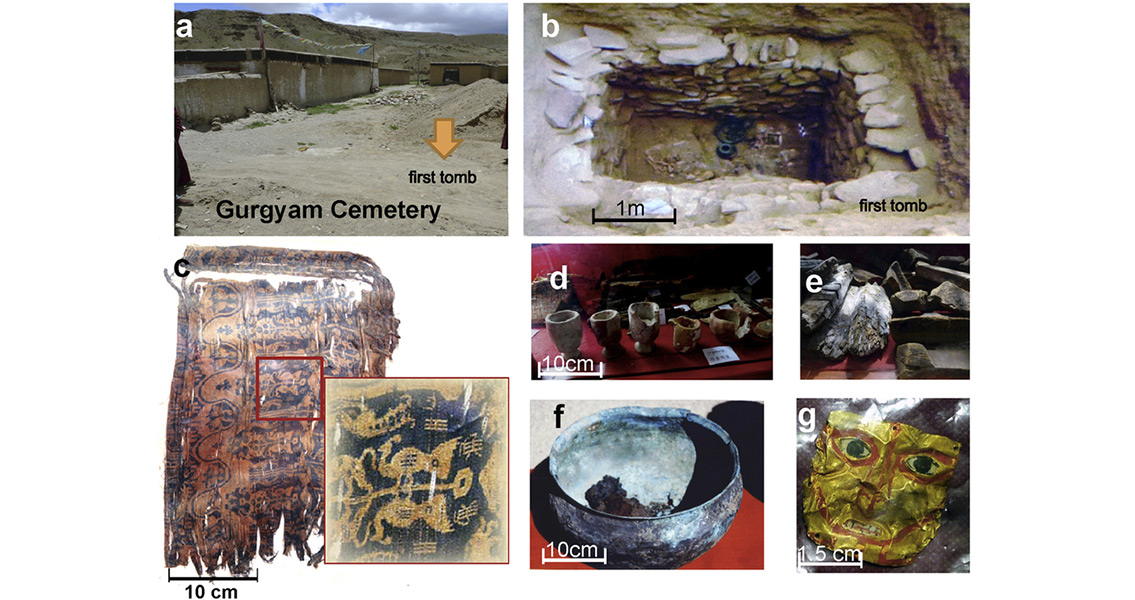<![CDATA[A team of archaeologists have uncovered the oldest example of tea ever found, hidden among the burial goods of an ancient Chinese emperor. The tomb – which dates back more than 2100 years – is thought to be that of Jing Di, an emperor who ruled during the Han Dynasty and is understood to have died circa 141 BCE. Interred in a wooden container, the tea was just one of the several items that had been buried with the emperor within the elaborate complex that housed his mortal remains, ostensibly set aside for his delight and use in the afterlife. The box was filled with an at-first unidentified quantity of leaves. Research scientists from the Chinese Academy of Sciences subjected the box and its contents to mass spectrometry, which led to the discovery that they were tea leaves. Other foodstuffs included in the tomb’s burial goods included chenopod, rice and millet, while additional items such as an entire “army” of animals made from ceramic pottery, weapons and even several full-sized chariots were found within the imperial tomb complex. Originally excavated during the 1990s, the tomb is now open to visitation by the public within modern Xian. Known as Chang’an at the time of Emperor Jing Di’s rule, the capital city was the seat of his imperial power. Jing Di’s rule was characterized by a high degree of compassion for his subjects, as historical records reveal that the emperor not only reduced the tax burden on his subjects, but also worked to diminish the power of the aristocracy and provide for more humane treatment of criminals. This included reducing sentences for offenders. According to a press release published by University College London’s International Centre for Chinese Heritage and Archaeology, the tea buried with the Emperor was likely to be the highest quality available at the time. The entirety of the tea consisted exclusively of tea buds instead of loose leaves, which are considered to be much higher quality than loose-leaf tea. UCL professor and centre director Dorian Fuller commented that identifying the tea through modern scientific study has provided a rare look inside the mysteries of the Chinese culture of antiquity and the origins of the beverage that has risen to become one of the most popular drinks across the globe. Tea is indeed one of the most ancient of beverages to have spread from China across the world. Records of the origin of that spread are scarce, with just one document, written in ancient Chinese and dated around a hundred years after the death of Emperor Jing Di claiming that Tibet was importing tea leaves from China regularly at that time. The research study associated with the new discovery, which has recently been published in the journal Scientific Reports, can be found online here Image courtesy of Houyuan Lu and Tao Tong]]>
Oldest Tea Ever Discovered in Chinese Emperor’s Tomb
